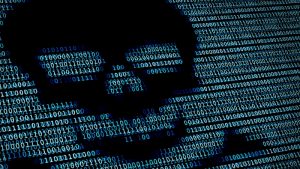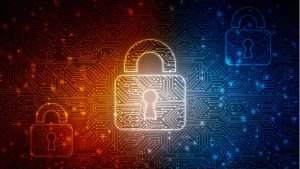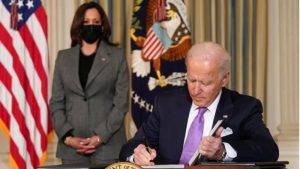The State of Colorado’s new Chief Information Security Officer (CISO) Ray Yepes is urging all state and local governments (SLGs) to develop a threat intelligence program to stay one step ahead of cyber adversaries.
A recent survey on the State of Ransomware found that ransomware attacks are rising in both frequency and complexity, with 72 percent of the survey’s respondents saying that they have experienced an uptick in the volume, complexity, or severity of cyberattacks.
Although cybersecurity continues to be the top priority for K-12 IT leaders, they underestimate the risks to their systems, according to a new survey by the Consortium for School Networking (CoSN).
New legislation introduced in the House aims to increase U.S. expertise in energy infrastructure cybersecurity by authorizing Department of Energy (DoE) grants to expand education and training opportunities that are “the convergence of cybersecurity and energy infrastructure.”
State and local governments (SLGs) are taking a page from Federal Cloud First and Cloud Smart modernization initiatives to sunset legacy systems and migrate to the cloud. Modernization efforts have been a top priority for over a decade, with cloud first appearing on NASCIO’s State CIO Top Ten priorities list in 2010 and making the list ever since.
With state and local governments (SLGs) becoming more tempting targets for cyberattacks every day, Federal and SLG experts are increasingly urging the importance of communication between the public and private sector in order to achieve a unified and stronger American cybersecurity posture.
The COVID-19 pandemic has led to a lot of changes – from public health to remote work – but investing in technology upgrades to improve citizen services and cybersecurity could lead to the most lasting impact on state and local governments (SLGs), according to several state IT officials who spoke at MeriTalk’s State Tech Vision virtual event on March 29.
New legislation introduced by Sens. Maggie Hassan, D-N.H., and John Cornyn, R-Texas would codify into Federal law the Continuous Diagnostics and Mitigation (CDM) program, and provide for a pilot program for state and local governments to deploy the cybersecurity technologies that the CDM program offers.
President Biden signed the fiscal year (FY) 2022 omnibus appropriations bill today that will keep the Federal government funded through Sept. 30.
A new report published by the non-profit K12 Security Information Exchange (K12 SIX) finds that while the number of publicly-disclosed cyber incidents at K-12 schools decreased in 2021, the actual number is “surely bleaker,” emphasizing the need for more and better information sharing about K-12 cyber incidents.










